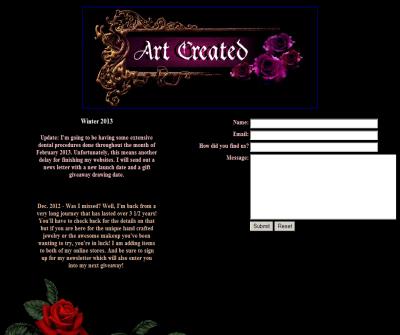How to Photograph Your Jewelry or Product
Think of your jewelry item (or product) being inside a box. Ideally you want a light source on most sides (left, right, front, and top). This will light up your item from every angle and produce a crisp photo with lots of detail. None of us have professional lighting so we will improvise. You canÕt have a lamp where you are standing but you can reflect some light off of yourself by wearing a white shirt. Another trick it to make a light reflector out of card board and foil. To do this, take the largest piece of card board you can use so that it wonÕt be to awkward to handle. Tape down strips of foil and cut a hole in the center so the lens of your camera fits through the hole. Wala, light reflector. If you are shooting out doors, you may want to make a second reflector to help with harsh shadows. You can also purchase light reflectors from photo shops.
Note the angles of the lights and reflectors, the lights should be angled a bit towards you but not shinning into the camera, just enough to light up the back of the item. Two reflectors are not necissary but this is the ideal set-up.

If using just one reflector, line it up with the sun so both sides of your item are lit.
Adjustments:
This is where you will need to make any adjustments to the lighting. It is helpful to use either a white or black background when first starting out. What you are looking for in your cameraÕs view finder, is the contrast. Are blacks a true black? Are whites a true white? We donÕt want anything to bright, to dark or washed out.
Start by making any necessary adjustments with your cameraÕs exposure settings. You may want to take some test shots (be sure to write down what you do).
Please note: Exposure and contrast go hand in hand. Your camera calls contrast "exposure" but when talking about the photo itself, it is called "contrast". Your photo editing software also calls this contrast (the degree of difference between tones). Frame 1: low exposure results in low contrast.
Frame 2: med exposure - just right.
Frame 3: high exposure results in high contrast.
Then test these out on your computer.

If the exposure isn't giving you the results you want, you may need to add another light or take away some light depending on what effect you are getting.
(C) 2007 Ahna White
